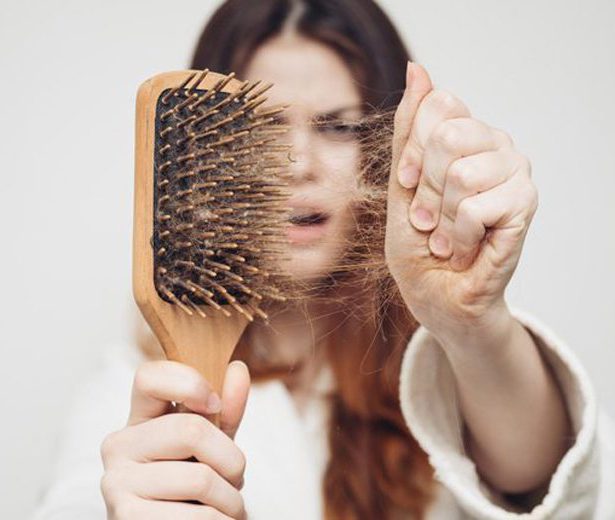What Causes Hair Loss in Women?
● Hair loss in women is a complex issue that can be caused by a variety of factors. Understanding these causes is crucial for finding appropriate solutions and maintaining healthy hair.
●One of the primary causes is hormonal changes. For example, during pregnancy, women often experience thicker and more luxurious hair due to increased estrogen levels. However, after giving birth, there can be a significant amount of hair loss as hormone levels normalize. Similarly, hormonal fluctuations during menopause can also lead to hair thinning. The decline in estrogen and changes in androgen levels can affect the hair growth cycle.

● Nutritional deficiencies can also play a major role. Iron deficiency is a common culprit. If a woman's diet lacks sufficient iron, it can lead to anemia, which in turn can cause hair loss. Protein is another essential nutrient for healthy hair. Without an adequate intake of protein, the hair may become weak and brittle, increasing the likelihood of breakage and loss. Additionally, deficiencies in vitamins such as biotin, vitamin D, and zinc can also impact hair health.
● Stress is another significant factor. Chronic stress can disrupt the normal hair growth cycle. When the body is under stress, it can shift more hairs into the resting phase, and after a few months, these hairs will fall out. This can be seen in situations such as major life changes, relationship problems, or work-related stress.
● Genetics also has a role to play. If a woman has a family history of hair loss, she may be more predisposed to experiencing it herself. Female pattern hair loss, which is genetically determined, typically presents as a gradual thinning of hair on the top of the head.
● Certain medical conditions and medications can also contribute to hair loss. Autoimmune diseases like alopecia areata can cause patchy hair loss. Thyroid disorders, both hypothyroidism and hyperthyroidism, can affect hair growth. Some medications, such as those used for cancer treatment, blood pressure regulation, and antidepressants, may have hair loss as a side effect.
● In conclusion, hair loss in women can be attributed to a multitude of causes, ranging from hormonal changes and nutritional deficiencies to stress, genetics, and medical factors. Identifying the underlying cause is the first step towards effective treatment and maintaining beautiful, healthy hair. By addressing these issues, women can take steps to minimize hair loss and promote hair growth.










